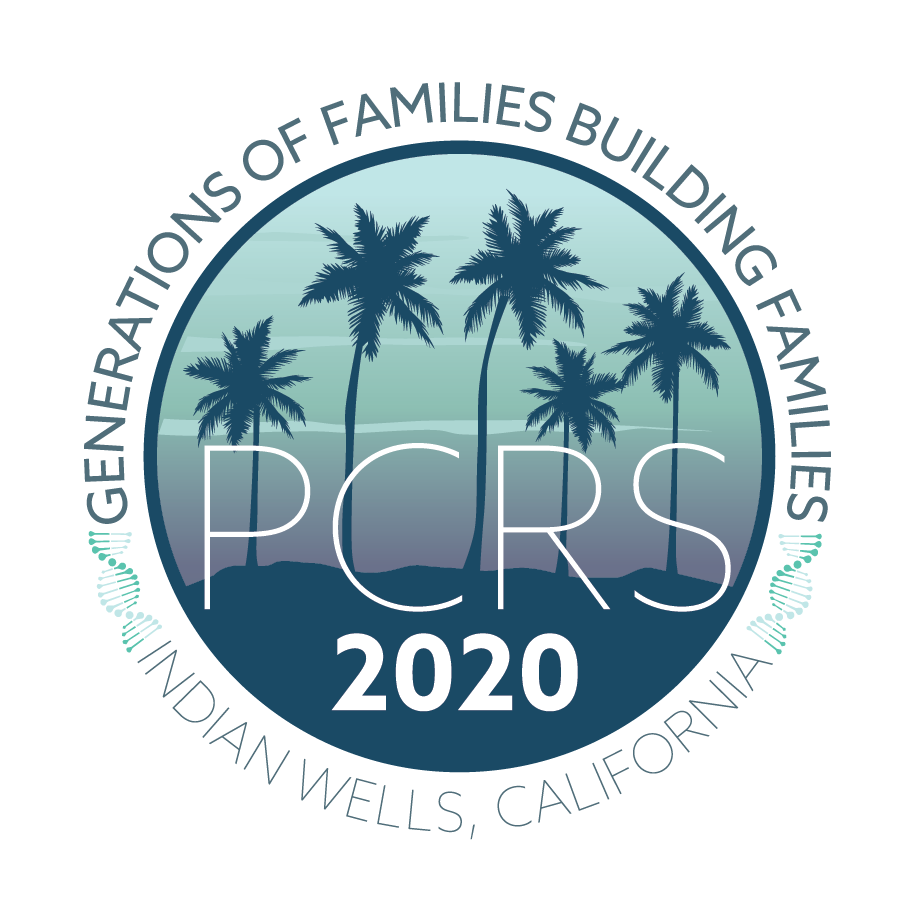Optimizing Progesterone Replacement for Frozen EmbryosKate DevineThursday, March 26
Session Description: The current trend in ART is increasingly towards transfer of vitrified warmed blastocysts, and in the era of PGT to select an optimal blastocyst for transfer, perfecting endometrial preparation for frozen embryo transfer is the final frontier. The optimal dose, timing, and route of progesterone replacement in programmed endometrial preparation cycles are not known, yet we must make decisions on behalf of our patients, as we strive to provide the highest live birth rates from frozen embryo transfer. In this session we will discuss primarily the optimal route of progesterone administration in light of our recent three armed large noninferiority study evaluating vaginal versus intramuscular progesterone. Secondary topics will include dose and timing of progesterone replacement in FET cycles as programmed versus natural cycle FET. Session Objectives:
|

 68th Annual Meeting
68th Annual Meeting